Home>Technology>Home Office Tech>How To Start An Electric Car Charging Station
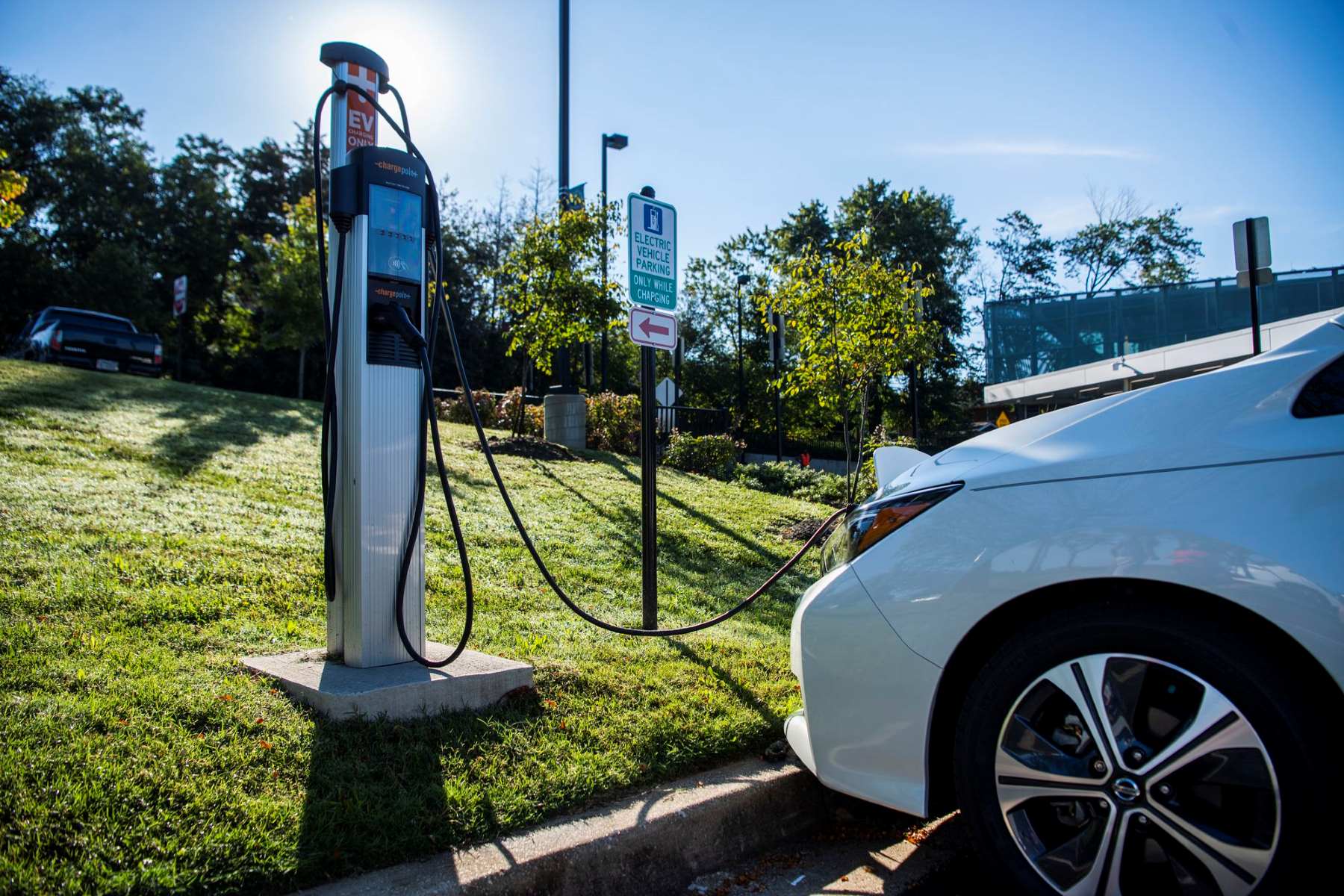

Home Office Tech
How To Start An Electric Car Charging Station
Modified: January 9, 2024
Learn how to set up an electric car charging station at your home or office with our comprehensive guide. Explore the latest tech and installation tips.
(Many of the links in this article redirect to a specific reviewed product. Your purchase of these products through affiliate links helps to generate commission for Storables.com, at no extra cost. Learn more)
**
Introduction
**
So, you're thinking about starting an electric car charging station? That's fantastic! With the world shifting towards sustainable energy and transportation, the demand for electric vehicle (EV) infrastructure is on the rise. As an entrepreneur, you have an incredible opportunity to contribute to this movement while building a profitable business.
In this comprehensive guide, we'll walk through the essential steps and considerations for launching your own electric car charging station. From understanding the technology and market research to legal requirements and revenue streams, we'll cover everything you need to know to get started on this exciting venture.
But first, let's take a moment to appreciate the impact of electric vehicles on the environment and the global economy. The transition from traditional gasoline-powered cars to electric vehicles represents a significant shift towards reducing carbon emissions and reliance on fossil fuels. As more consumers embrace electric cars, the need for reliable and accessible charging infrastructure becomes increasingly evident.
As we delve into the intricacies of establishing an electric car charging station, keep in mind that this endeavor not only holds the potential for financial success but also aligns with the greater mission of sustainability and environmental stewardship. So, let's embark on this journey together, exploring the ins and outs of launching an electric car charging station and paving the way for a greener, more sustainable future.
Key Takeaways:
- Understanding Electric Car Charging Stations
Electric car charging stations come in different levels, offering varying charging speeds. It’s important to consider the needs of electric vehicle owners and the types of connectors compatible with different car models. - Business Success for Electric Car Charging Stations
To succeed, charging stations can offer diverse revenue streams, such as direct charging fees, partnerships with local businesses, and data licensing. Marketing efforts should focus on brand identity, community engagement, and customer loyalty programs.
Read more: How To Get An Electric Car Charging Station
Understanding Electric Car Charging Stations
Before diving into the nitty-gritty of setting up an electric car charging station, it’s crucial to grasp the fundamental aspects of these innovative facilities. Electric car charging stations, also known as EV charging stations, are dedicated locations where electric vehicle owners can recharge their cars’ batteries. These stations come in various forms, ranging from residential charging units to public fast-charging stations.
There are three primary levels of electric car charging:
- Level 1 Charging: This involves using a standard 120-volt household outlet to charge the vehicle. While convenient for home charging, it’s relatively slow and best suited for overnight charging.
- Level 2 Charging: Level 2 chargers operate on 240 volts and offer faster charging than Level 1. These units are commonly found in residential settings, workplaces, and public parking areas.
- Level 3 Charging (DC Fast Charging): Also known as fast chargers, Level 3 stations provide rapid charging, making them ideal for on-the-go charging at public locations. These stations can significantly reduce charging times compared to Level 1 and Level 2 options.
Understanding the different charging levels and their implications for electric vehicle owners is crucial when planning your charging station. Factors such as charging speed, convenience, and accessibility play a pivotal role in attracting customers and meeting their diverse charging needs.
Furthermore, it’s essential to consider the types of connectors and charging standards compatible with various electric car models. For instance, the CHAdeMO and CCS (Combined Charging System) connectors are prevalent in fast-charging stations, catering to different EV manufacturers and their charging requirements.
By familiarizing yourself with the technical aspects and user experience considerations of electric car charging stations, you’ll be better equipped to design a station that meets the evolving demands of the electric vehicle market. With this knowledge in hand, let’s proceed to explore the market research and feasibility study essential for laying a solid foundation for your charging station venture.
Market Research and Feasibility Study
Embarking on the journey of establishing an electric car charging station necessitates a thorough understanding of the market landscape and a comprehensive feasibility study. Conducting in-depth market research will provide invaluable insights into the demand for electric vehicle charging infrastructure, the competitive environment, and the specific needs of potential customers.
Begin by assessing the local and regional market for electric vehicles. Identify the concentration of electric car owners, the availability of charging stations, and the prevailing consumer behaviors related to electric vehicle usage. This data will help gauge the existing demand for charging infrastructure and uncover potential gaps or opportunities in the market.
Simultaneously, delve into the projected growth of electric vehicle adoption in your target area. Analyze industry reports, government initiatives supporting electric mobility, and forecasts for electric vehicle sales and market penetration. Understanding the trajectory of electric vehicle adoption will enable you to align your charging station’s capacity and capabilities with the anticipated surge in electric car ownership.
Conducting a feasibility study involves evaluating the financial and operational viability of your charging station venture. This entails assessing the costs associated with acquiring and installing charging equipment, securing a suitable location, obtaining necessary permits, and implementing operational and maintenance processes. Additionally, consider the potential revenue streams, such as charging fees, partnerships with local businesses, and government incentives for EV infrastructure.
Furthermore, explore potential collaborations with electric vehicle manufacturers, local businesses, and sustainability-focused organizations to gauge their interest in supporting or partnering with your charging station. Building strategic alliances can enhance the credibility and visibility of your station while fostering a supportive network within the electric vehicle ecosystem.
By synthesizing the findings from your market research and feasibility study, you’ll be equipped to make informed decisions regarding the location, scale, and operational framework of your electric car charging station. This groundwork sets the stage for the next crucial step: identifying an optimal location and establishing the necessary infrastructure for your charging station.
Location and Infrastructure
Choosing the right location for your electric car charging station is paramount to its success. An ideal location balances accessibility, visibility, and the potential for high customer traffic. Consider areas with a high concentration of electric vehicle owners, such as urban centers, commercial districts, and popular commuting routes. Additionally, proximity to amenities like shopping centers, restaurants, and recreational facilities can enhance the appeal of your charging station, offering added convenience to customers during their charging sessions.
When assessing potential locations, evaluate the existing infrastructure to ensure compatibility with your charging station’s requirements. Access to adequate electrical capacity and grid connectivity is crucial for installing charging equipment, especially for fast-charging stations. Collaborating with local utility providers and electrical engineers can help assess the feasibility of integrating your station with the existing power infrastructure and determine any necessary upgrades or modifications.
Moreover, consider the layout and design of the charging station to optimize user experience and operational efficiency. Adequate space for multiple charging bays, clear signage, and designated parking areas for electric vehicles are essential components of a well-organized charging facility. Integrating amenities such as seating areas, restrooms, and charging station kiosks can further enhance the overall customer experience, making your station a preferred destination for electric vehicle owners.
As you finalize the location and infrastructure plans, prioritize safety and security measures to safeguard both the charging equipment and the customers utilizing the station. Implementing robust security systems, adequate lighting, and surveillance cameras can instill confidence in customers and create a secure environment for their charging sessions.
Additionally, explore the potential for integrating renewable energy sources, such as solar panels, into your charging station’s infrastructure. Embracing sustainable energy solutions not only aligns with the ethos of electric mobility but also presents an opportunity to reduce operational costs and environmental impact.
By meticulously evaluating the location and infrastructure considerations, you’ll lay the groundwork for a well-positioned and efficiently designed electric car charging station. With the location secured and infrastructure plans in place, the next phase involves navigating the legal and regulatory landscape governing electric vehicle charging stations.
Legal and Regulatory Requirements
Establishing an electric car charging station entails navigating a complex web of legal and regulatory requirements. Familiarizing yourself with the applicable laws, permits, and standards is essential to ensure compliance and the seamless operation of your charging station.
Begin by researching the specific regulations governing electric vehicle charging infrastructure in your region. This may include building codes, electrical regulations, zoning ordinances, and environmental impact assessments. Engage with local authorities, planning departments, and regulatory agencies to gain clarity on the permitting process and any restrictions or guidelines that apply to the installation and operation of charging stations.
Furthermore, consider the standards and certifications relevant to electric car charging equipment. Ensuring that your charging station complies with industry standards and safety certifications not only fosters trust among customers but also mitigates potential liabilities associated with non-compliant infrastructure.
Depending on the scale and scope of your charging station, you may also need to evaluate the legal implications of electricity resale, billing practices, and data privacy regulations. Understanding the legal framework surrounding these aspects is crucial for structuring transparent and compliant billing systems, as well as safeguarding customer data collected during charging sessions.
Moreover, explore potential incentives, grants, and rebates offered by government agencies or utility providers to support the deployment of electric vehicle charging infrastructure. These incentives can offset installation costs, encourage sustainable practices, and demonstrate your commitment to advancing clean transportation initiatives.
Engaging legal counsel with experience in energy and infrastructure law can provide invaluable guidance throughout the regulatory compliance process. Legal experts can assist in navigating complex permitting procedures, drafting agreements with utility providers, and ensuring that your charging station adheres to all relevant legal requirements.
By proactively addressing the legal and regulatory aspects of establishing an electric car charging station, you’ll lay a solid foundation for a compliant and legally sound operation. With the legal framework in place, the next step involves procuring the necessary equipment and overseeing its installation.
Tip: Research local regulations and zoning laws before starting an electric car charging station to ensure compliance and avoid potential legal issues.
Equipment and Installation
Procuring the right equipment and overseeing its installation are pivotal steps in bringing your electric car charging station to life. The choice of charging units, their capabilities, and the installation process significantly impact the functionality and appeal of your station.
When selecting charging equipment, consider the diverse needs of electric vehicle owners. Offering a mix of Level 2 chargers for standard charging and Level 3 fast chargers for rapid recharging can cater to a broad spectrum of customers, from daily commuters to long-distance travelers. Additionally, compatibility with various charging standards, such as CHAdeMO, CCS, and Tesla’s proprietary connectors, ensures that your station accommodates a wide range of electric car models.
Collaborating with reputable manufacturers and suppliers of charging equipment is essential to ensure the reliability and quality of the units. Prioritize units with user-friendly interfaces, robust construction, and smart connectivity features that enable remote monitoring and management of the charging infrastructure.
Once the equipment is selected, meticulous planning and coordination are vital for a seamless installation process. Collaborate with licensed electricians and installation professionals to assess the electrical requirements, determine the optimal placement of charging units, and ensure compliance with safety and building codes. Moreover, integrating load management solutions and energy storage systems can optimize the utilization of electrical capacity and minimize demand charges, enhancing the efficiency of your charging station.
As the installation progresses, prioritize the seamless integration of the charging equipment with the station’s infrastructure, including power distribution panels, electrical conduits, and network connectivity. Clear signage, designated parking spaces, and intuitive cable management contribute to a user-friendly and organized charging environment.
During the installation phase, emphasize training for your staff to handle routine maintenance, troubleshooting, and customer support. Equipping your team with the knowledge and skills to address common charging issues and assist customers ensures a positive and supportive experience at your charging station.
Finally, conduct thorough testing and commissioning of the charging equipment to validate its functionality and performance. Simulate various charging scenarios, assess the reliability of payment systems, and ensure that safety protocols are rigorously upheld before opening your station to the public.
By meticulously overseeing the equipment selection and installation process, you’ll establish a well-equipped and efficiently functioning electric car charging station. With the infrastructure in place, the next phase involves formulating a robust business model and identifying revenue streams to sustain and grow your charging station venture.
Business Model and Revenue Streams
Developing a sustainable business model and identifying diverse revenue streams are essential for the long-term success of your electric car charging station. By aligning your operational framework with viable monetization strategies, you can ensure the financial viability of your venture while delivering value to electric vehicle owners.
One of the primary revenue streams for charging stations is the direct fees for electric vehicle charging. Implementing a transparent and competitive pricing structure, which may include per-kilowatt-hour rates or time-based charging fees, allows you to generate income directly from customers utilizing your station. Offering membership programs or subscription-based charging plans can further incentivize repeat usage and customer loyalty.
Exploring partnerships with local businesses, property owners, and municipalities can unlock additional revenue opportunities. Collaborations may involve hosting charging stations at shopping centers, partnering with hotels for destination charging, or integrating charging facilities into mixed-use developments. These partnerships can yield revenue-sharing arrangements, sponsorships, or lease agreements, diversifying your income streams and expanding the reach of your charging station.
Furthermore, leveraging the data collected from charging sessions, such as usage patterns, peak hours, and customer demographics, presents opportunities for monetization. Aggregating and anonymizing this data can offer valuable insights to electric vehicle manufacturers, energy companies, and urban planners, potentially leading to data licensing or analytics partnerships.
Consider incorporating value-added services into your charging station’s offerings to enhance the overall customer experience and create supplementary revenue channels. This may include amenities such as car wash services, convenience stores, or on-site cafés, providing customers with added convenience and generating ancillary income for your business.
Moreover, staying abreast of government incentives, grants, and funding programs supporting electric vehicle infrastructure can contribute to your revenue strategy. By actively pursuing available subsidies and incentives, you can offset installation and operational costs, improving the financial outlook of your charging station.
Building a robust business model entails forecasting operational expenses, projecting revenue streams, and continuously evaluating the evolving needs of the electric vehicle market. Flexibility and adaptability are key as you refine your revenue strategies based on customer feedback, market dynamics, and technological advancements in electric vehicle charging.
By embracing a multi-faceted business model and diversifying your revenue streams, you’ll position your electric car charging station for sustained growth and resilience in the dynamic landscape of electric mobility. With a comprehensive revenue strategy in place, the final phase involves devising an effective marketing and promotion plan to drive awareness and engagement with your charging station.
Marketing and Promotion
Effectively marketing and promoting your electric car charging station is integral to attracting customers, building brand recognition, and fostering community engagement. By implementing a comprehensive marketing strategy, you can elevate the visibility of your station and position it as a preferred destination for electric vehicle owners.
Begin by establishing a compelling brand identity for your charging station. This involves creating a distinct brand name, logo, and visual identity that resonate with the ethos of sustainability, innovation, and customer-centricity. Consistent branding across signage, digital platforms, and promotional materials reinforces the identity of your station and cultivates brand recognition among your target audience.
Develop a user-friendly and informative website or mobile app for your charging station, providing essential details such as location, operating hours, available charging connectors, and pricing information. Incorporate an intuitive map feature to help electric vehicle owners locate your station and plan their charging stops effectively.
Engage with local electric vehicle communities, environmental organizations, and sustainability advocates to raise awareness of your charging station. Participating in relevant events, sponsoring eco-friendly initiatives, and collaborating with electric vehicle clubs can amplify your station’s visibility and demonstrate your commitment to advancing clean transportation solutions.
Utilize social media platforms to engage with your audience, share educational content about electric vehicles and sustainable mobility, and announce promotions or special events at your charging station. Leveraging targeted digital advertising campaigns can further expand your reach and attract electric vehicle owners within your vicinity.
Implement customer loyalty programs and referral incentives to cultivate repeat usage and word-of-mouth referrals. Offering perks such as discounted charging rates for frequent users or referral bonuses for new customers can incentivize customer retention and acquisition, fostering a loyal and expanding customer base.
Consider collaborating with electric vehicle manufacturers to promote your charging station as a recommended and compatible charging destination for their vehicles. This can involve co-marketing initiatives, exclusive offers for specific vehicle owners, and showcasing your station’s compatibility with diverse electric car models.
Furthermore, leverage public relations efforts to secure media coverage and press mentions for your charging station. Highlighting your station’s innovative features, environmental impact, and contributions to the local community can garner positive attention and solidify your station’s reputation as a pioneering force in sustainable transportation.
Continuously monitor the effectiveness of your marketing initiatives, gather customer feedback, and adapt your strategies based on performance metrics and evolving market trends. By staying attuned to the needs and preferences of electric vehicle owners, you can refine your marketing approach and fortify your charging station’s position in the electric mobility landscape.
With a well-crafted marketing and promotion plan in place, your electric car charging station is poised to capture the attention of electric vehicle owners and establish itself as a cornerstone of sustainable transportation infrastructure. As you embark on this journey, remember that your station not only offers a service but also contributes to the collective effort of building a cleaner and greener future for all.
Conclusion
Congratulations on embarking on the exciting endeavor of establishing an electric car charging station. As you’ve journeyed through the intricacies of understanding electric vehicle charging, conducting market research, navigating legal requirements, and formulating a robust business model, you’ve laid a solid foundation for a thriving and impactful venture.
By recognizing the pivotal role of electric vehicles in advancing sustainable transportation, you’ve positioned your charging station as a catalyst for positive environmental change. Your commitment to providing reliable and accessible charging infrastructure contributes to the broader mission of reducing carbon emissions and fostering a greener, more sustainable future.
Throughout this process, you’ve embraced innovation and forward-thinking, integrating cutting-edge technology, sustainable energy solutions, and customer-centric design into your charging station. By prioritizing user experience, safety, and environmental responsibility, you’ve set a new standard for electric vehicle charging facilities, one that resonates with electric vehicle owners and the broader community.
As you prepare to open your charging station to the public, remember that your journey has only just begun. Embrace the opportunities for growth, collaboration, and continuous improvement as you engage with electric vehicle owners, local communities, and stakeholders in the electric mobility ecosystem.
Your charging station is not merely a business; it is a testament to your dedication to sustainable innovation and your vision for a cleaner, more connected world. Each electric vehicle that charges at your station represents a step forward in the global transition to cleaner transportation, and each satisfied customer embodies the impact of your commitment to excellence and sustainability.
As you navigate the dynamic landscape of electric mobility, remember that your charging station stands as a beacon of progress, a hub of connectivity, and a testament to the power of entrepreneurship in driving positive change. Your journey is a testament to the transformative potential of sustainable business, and your charging station serves as a vital link in the chain of sustainable transportation infrastructure.
With your unwavering dedication, innovative spirit, and commitment to excellence, your electric car charging station is poised to make a lasting difference in the world of electric mobility. As you welcome electric vehicle owners to your station, you are not only providing a service; you are shaping a cleaner, more sustainable future for generations to come.
So, as you embark on this transformative journey, remember that your electric car charging station is more than a business—it is a beacon of progress, a hub of connectivity, and a testament to the power of sustainable entrepreneurship. Your dedication and vision have the potential to shape the future of transportation and inspire positive change in the world.
Embrace this opportunity with passion, purpose, and unwavering commitment, knowing that each electric vehicle that charges at your station is a step forward in the global transition to cleaner, more sustainable mobility. Your journey is just beginning, and the impact of your charging station will resonate far beyond its physical presence, leaving a lasting imprint on the landscape of sustainable transportation.
With your charging station, you are not only providing a service; you are shaping a cleaner, more sustainable future for generations to come. So, as you open your doors to electric vehicle owners, remember the profound impact of your endeavor and the promise it holds for a brighter, greener tomorrow.
Frequently Asked Questions about How To Start An Electric Car Charging Station
Was this page helpful?
At Storables.com, we guarantee accurate and reliable information. Our content, validated by Expert Board Contributors, is crafted following stringent Editorial Policies. We're committed to providing you with well-researched, expert-backed insights for all your informational needs.
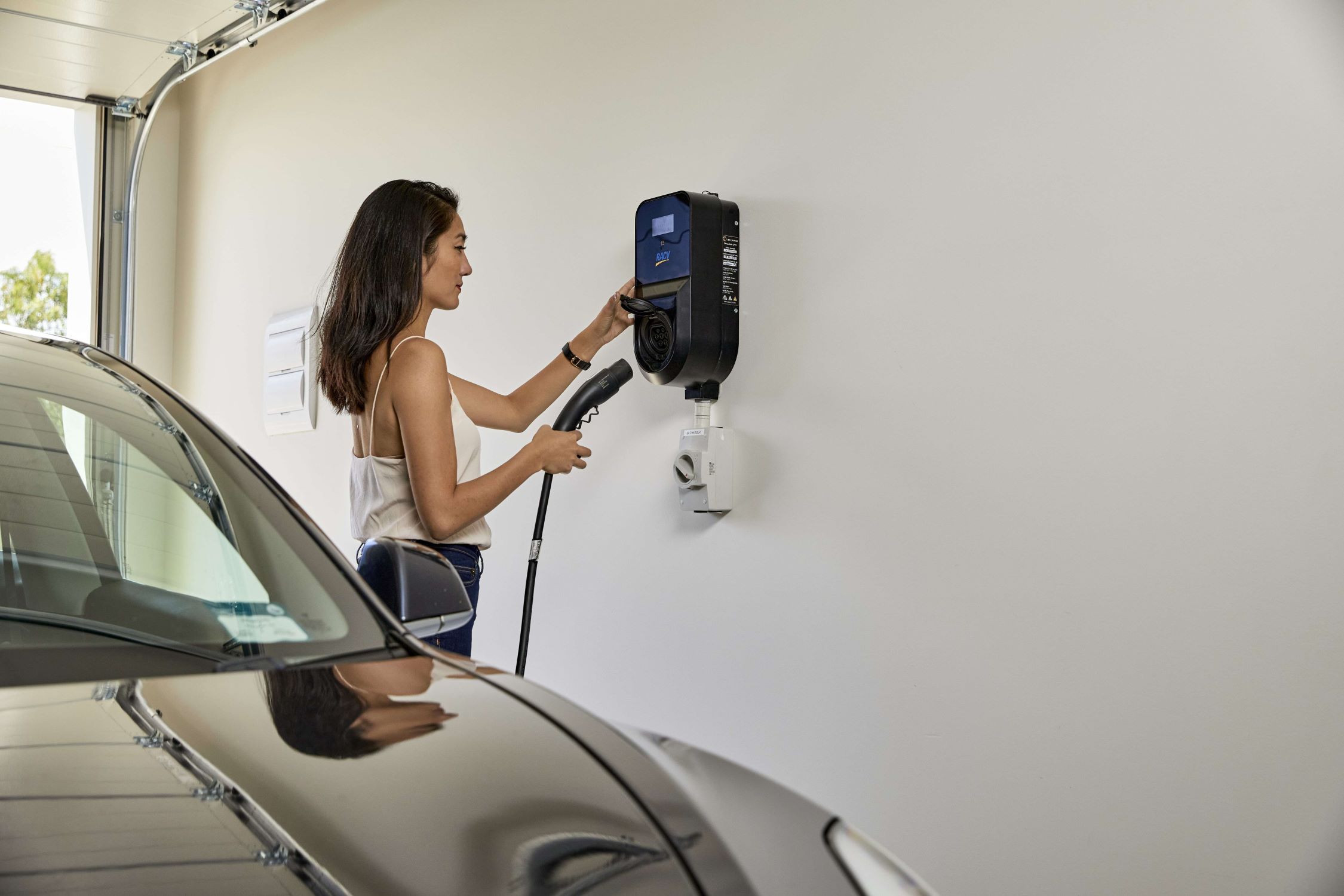
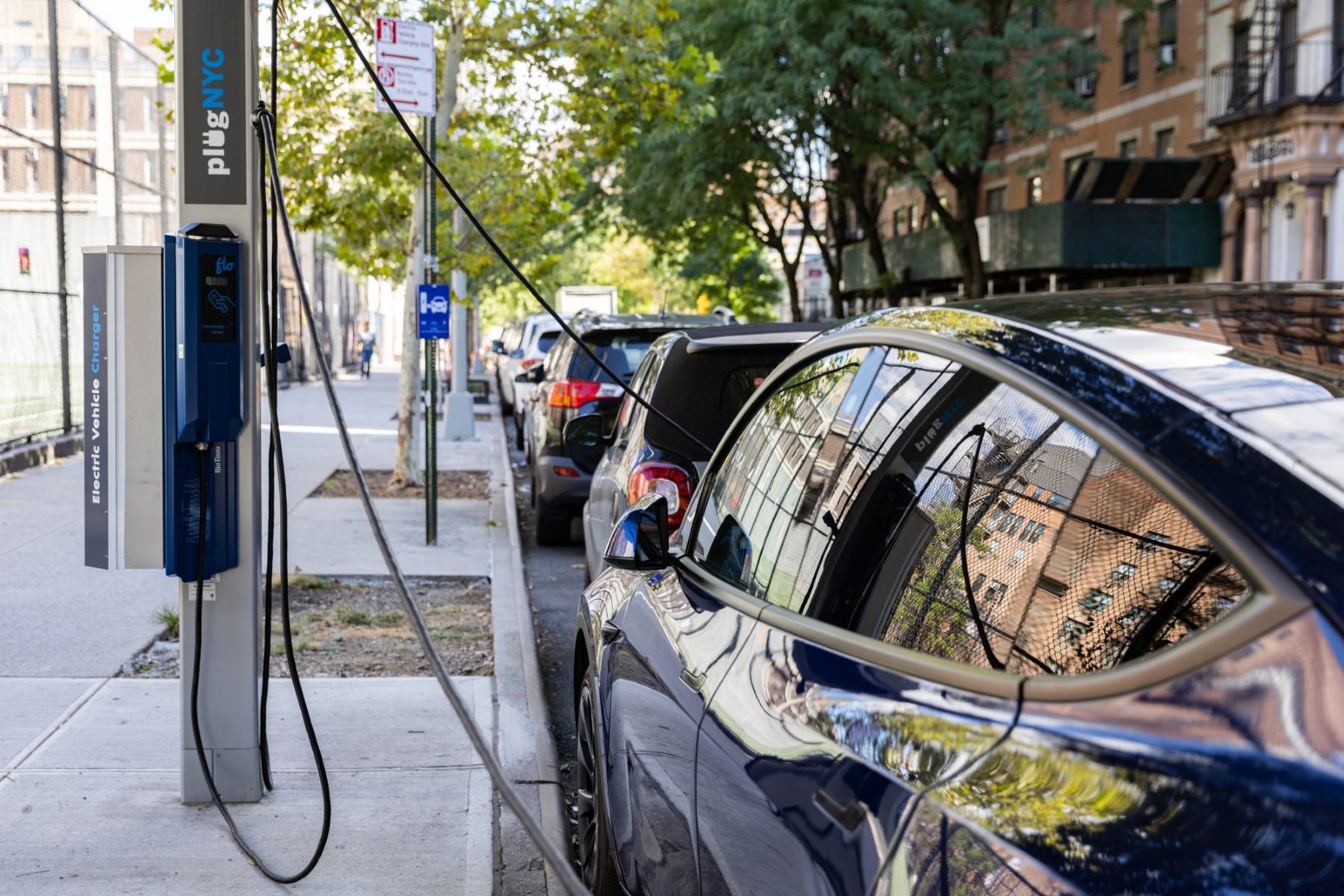

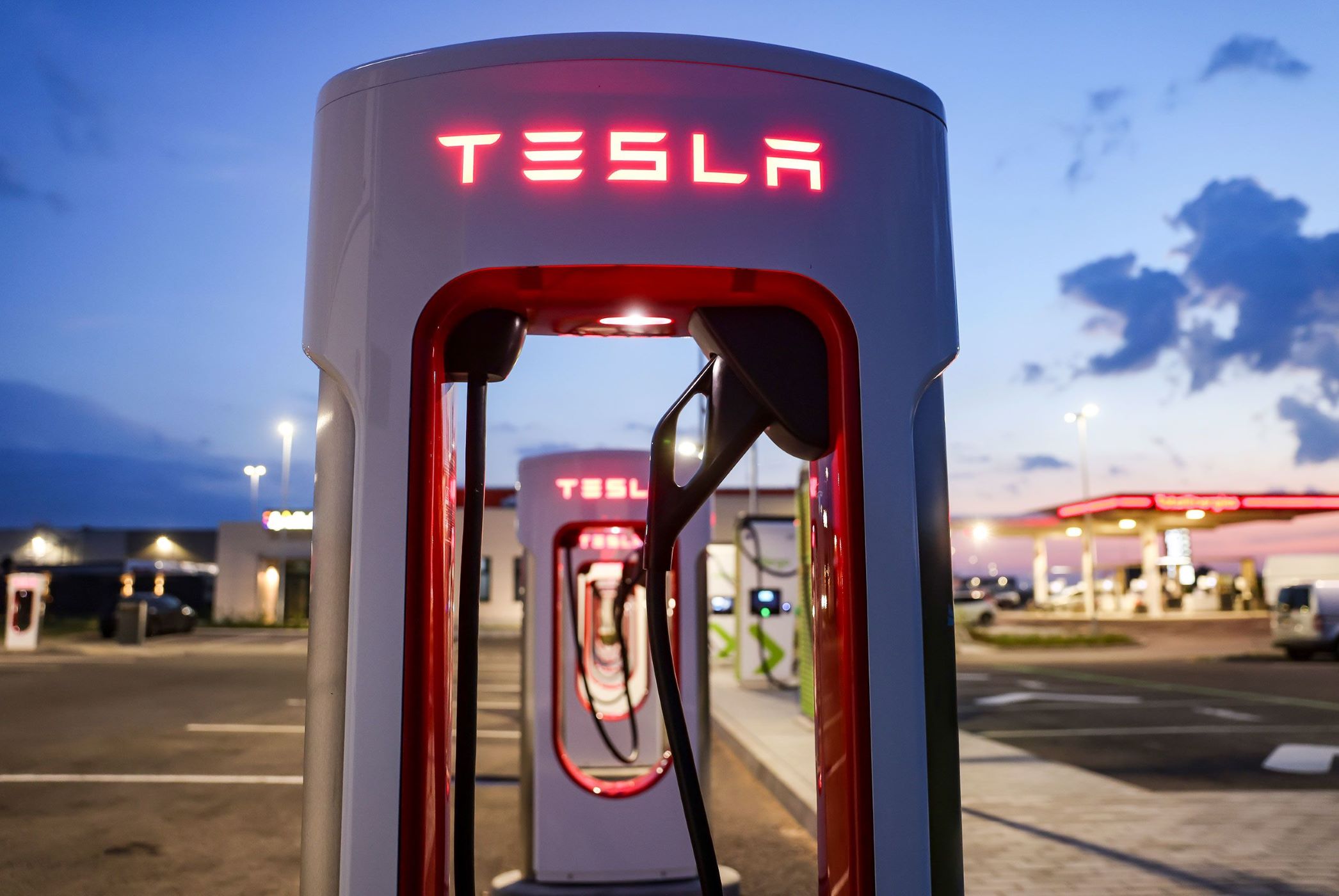
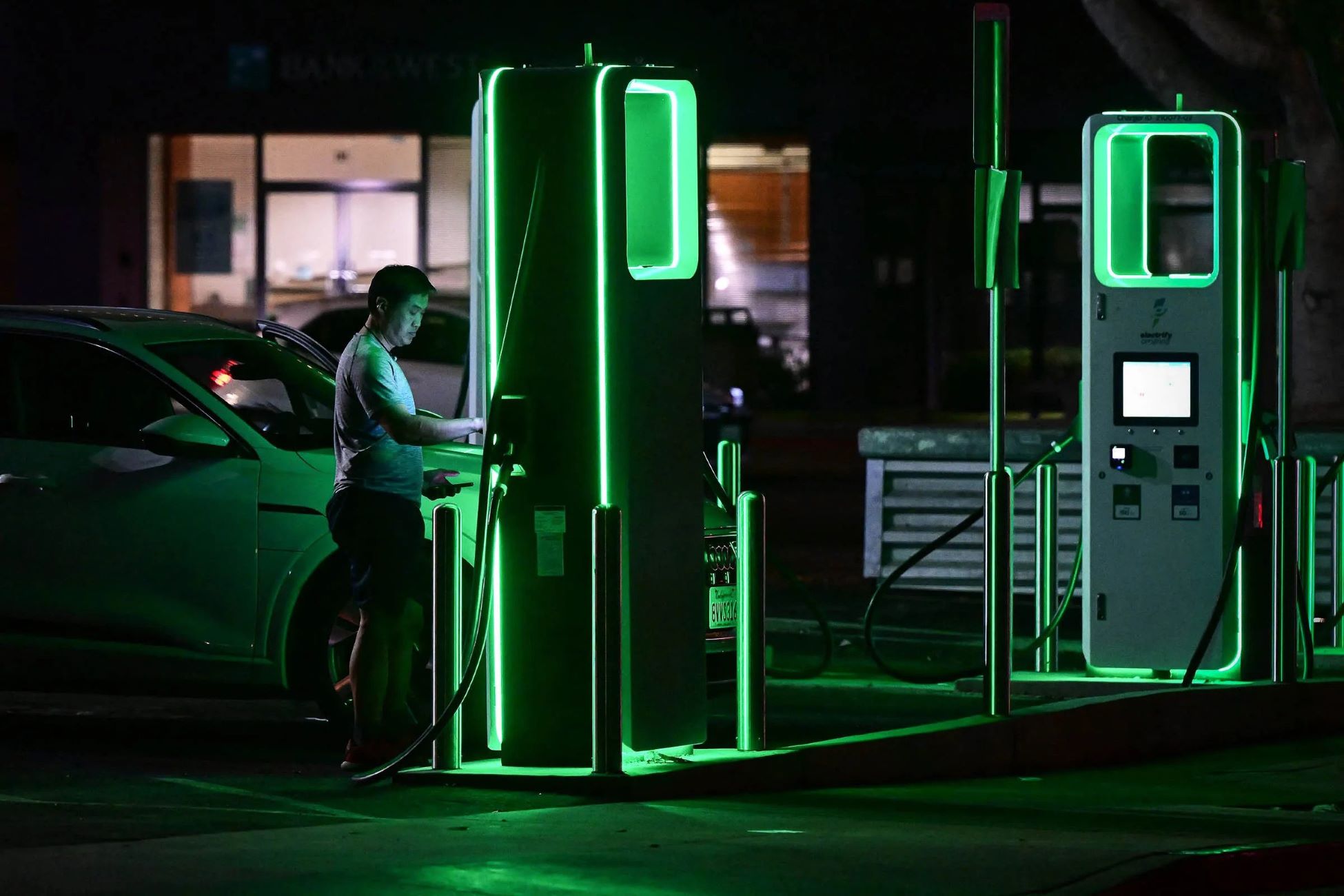
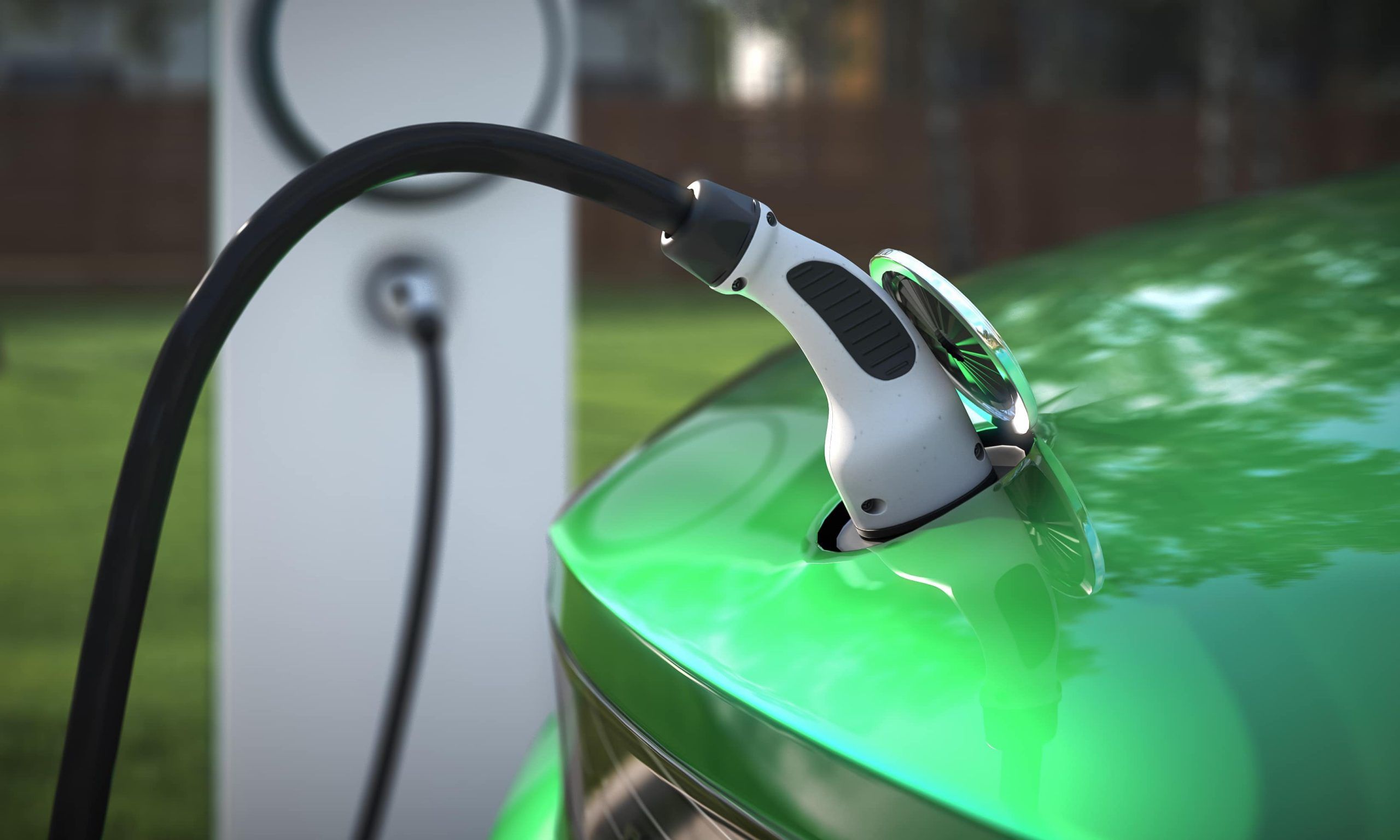
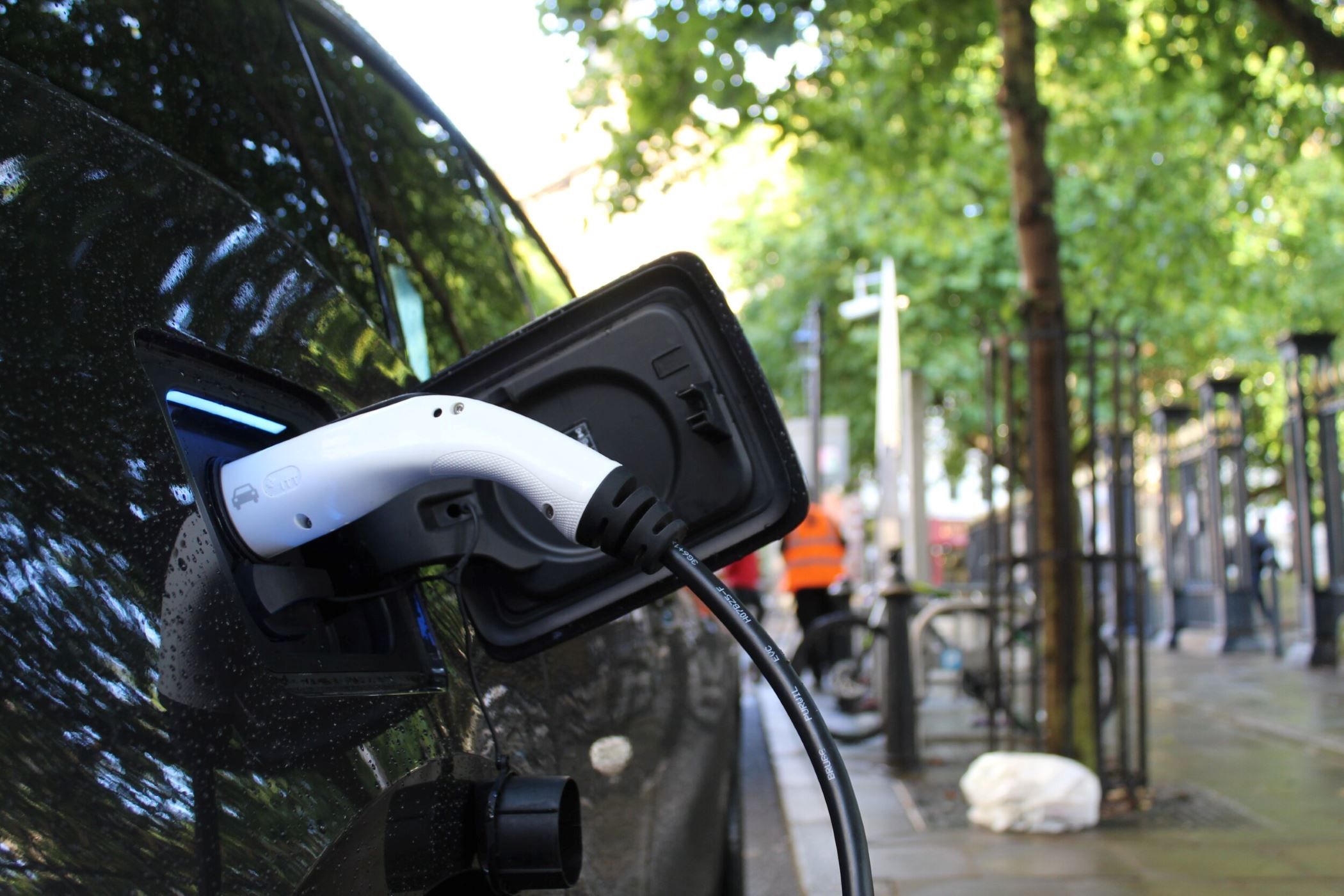
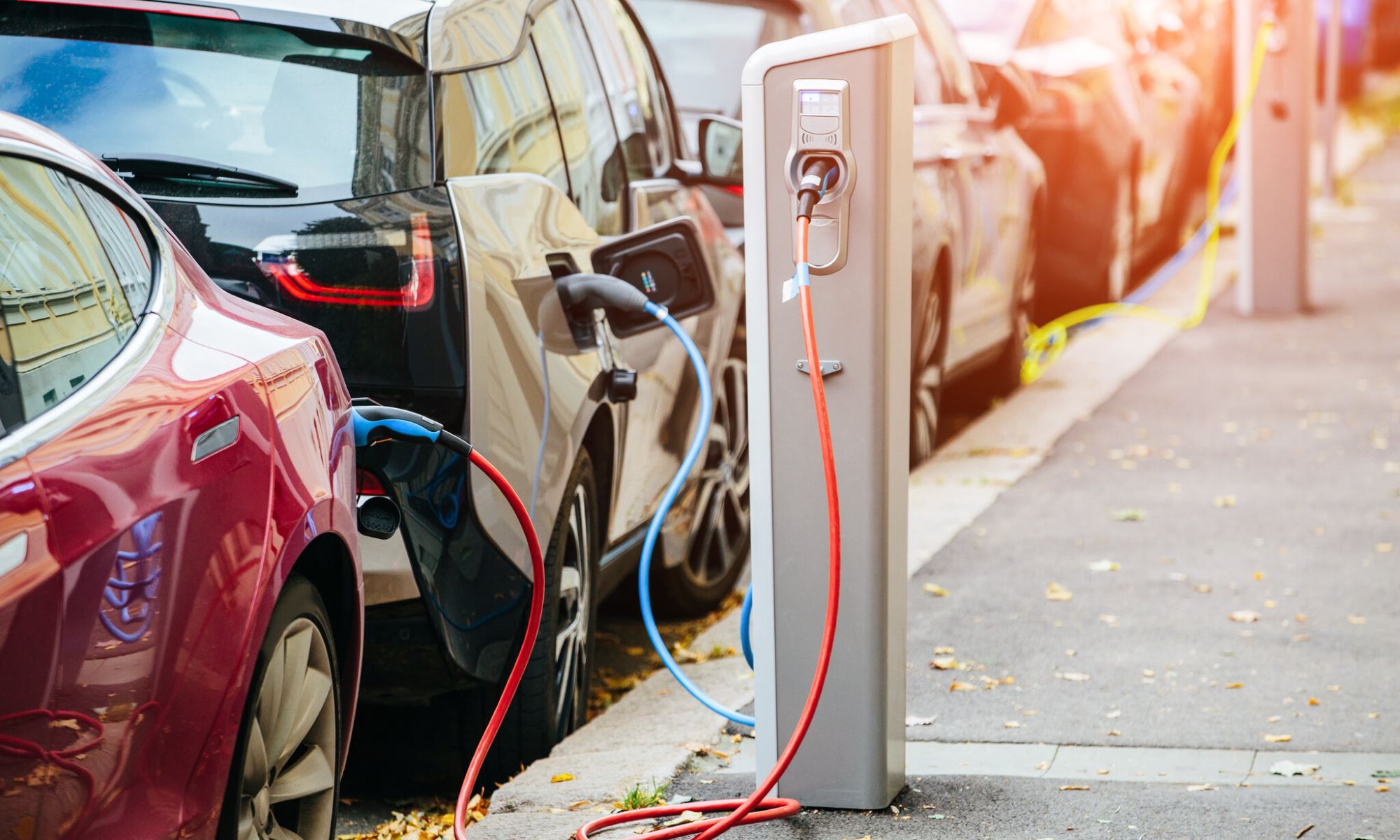
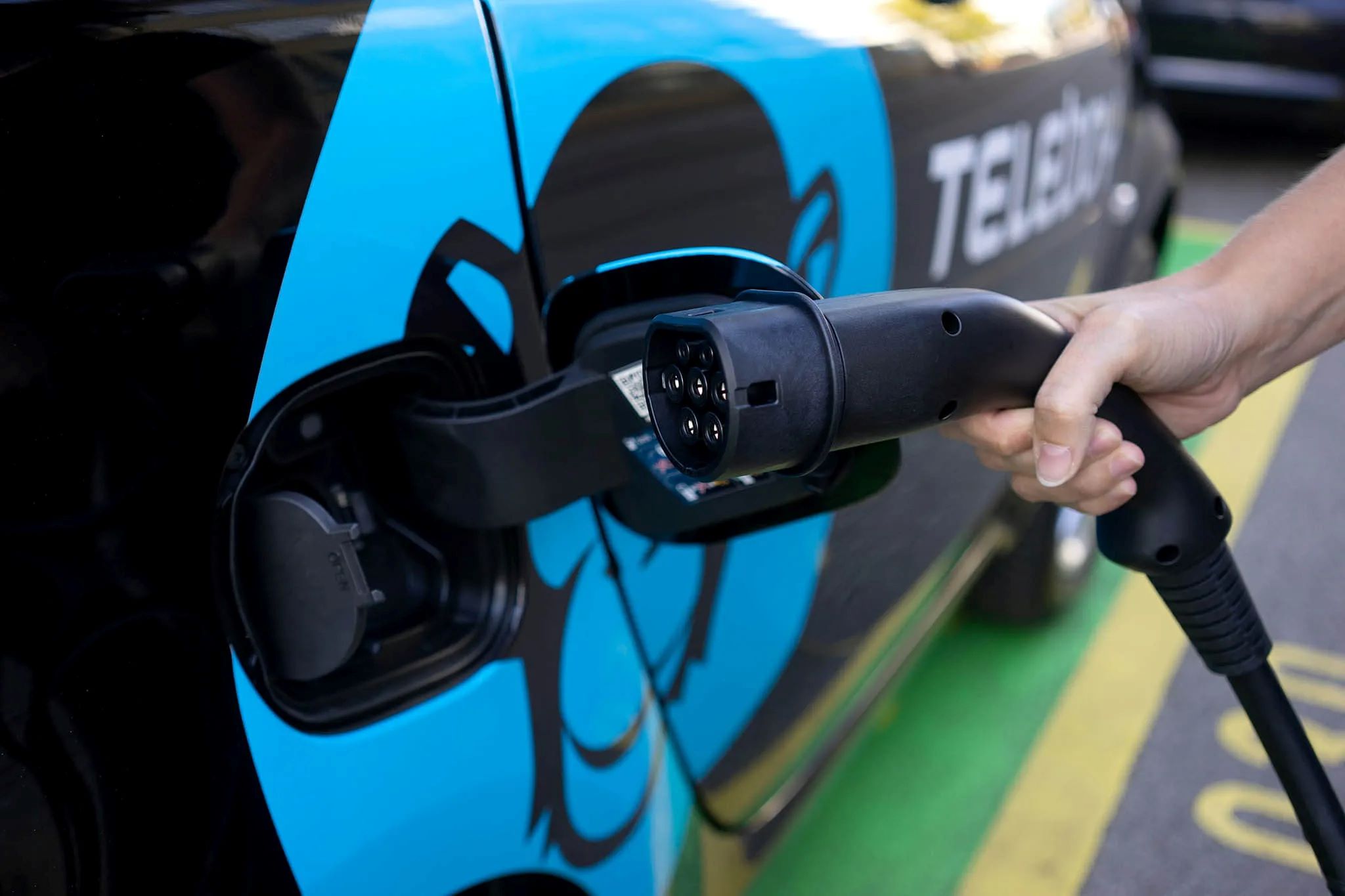
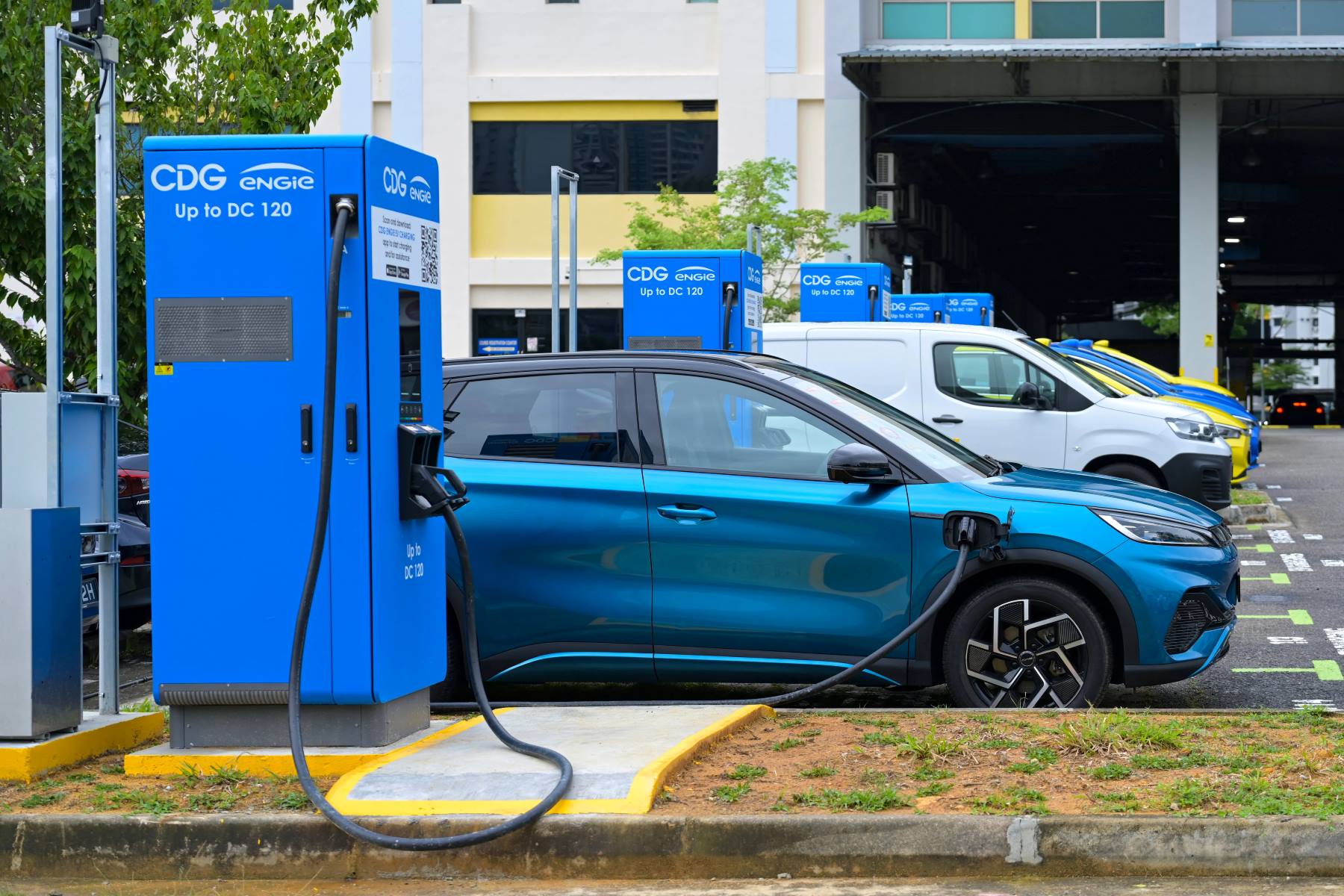
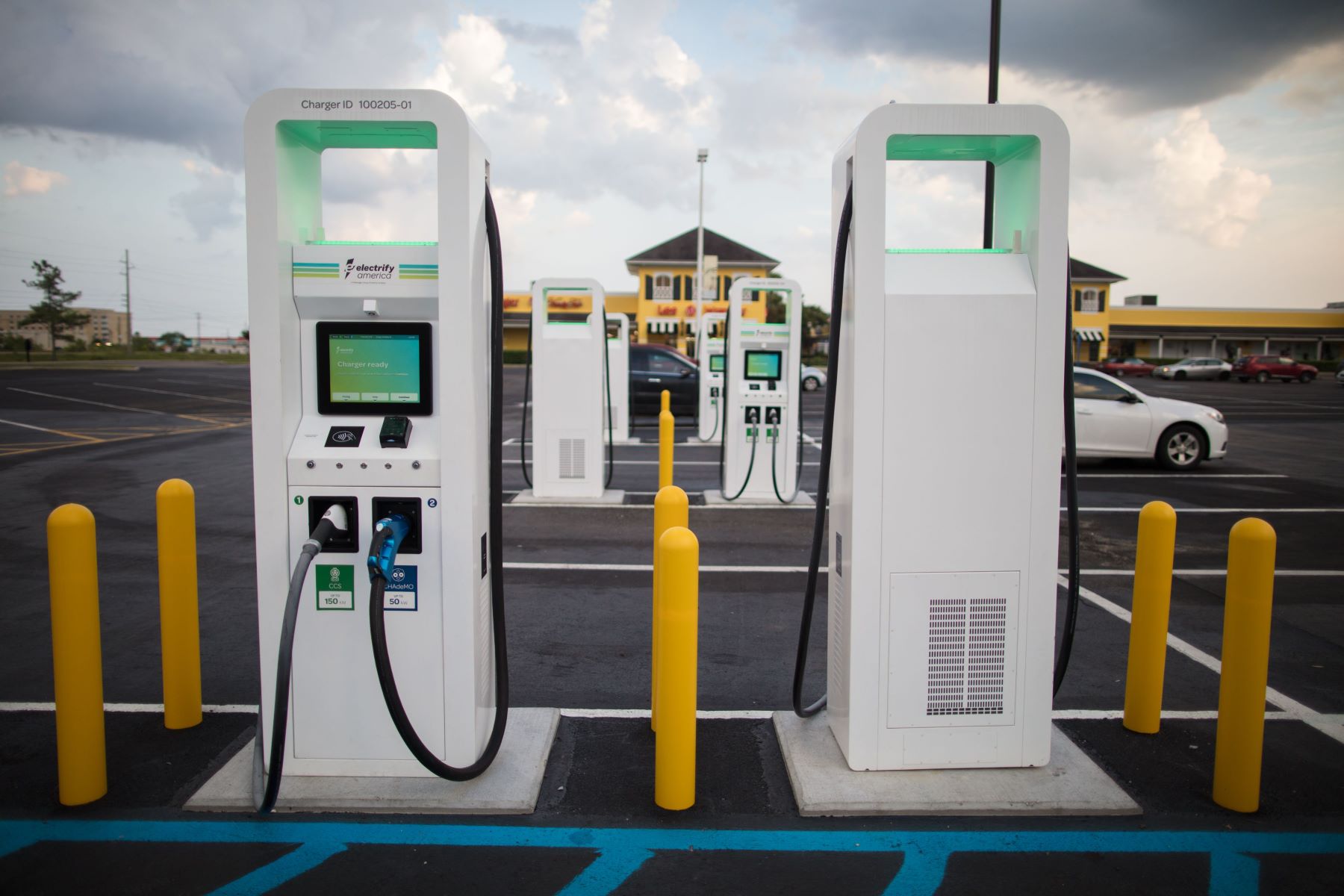
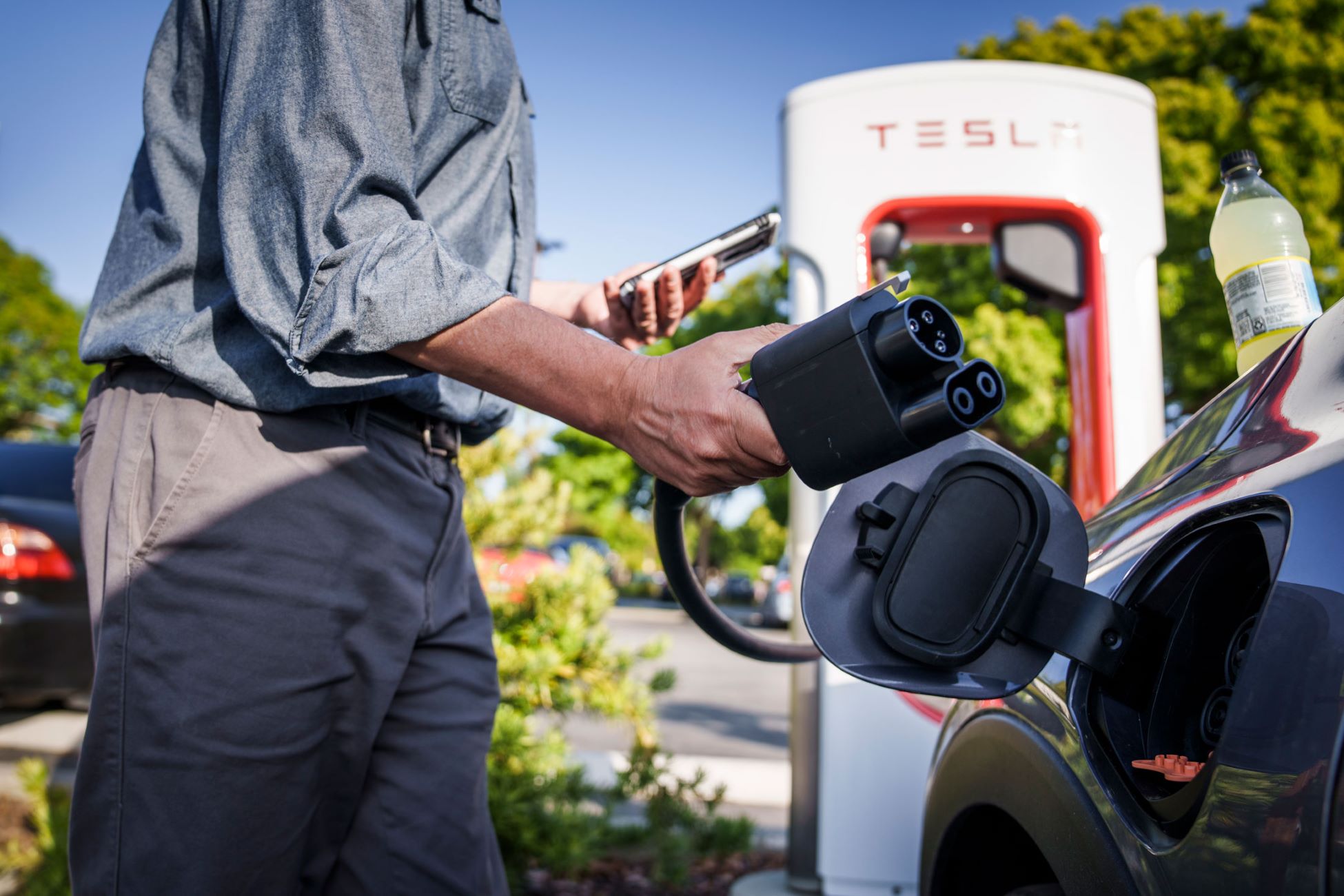
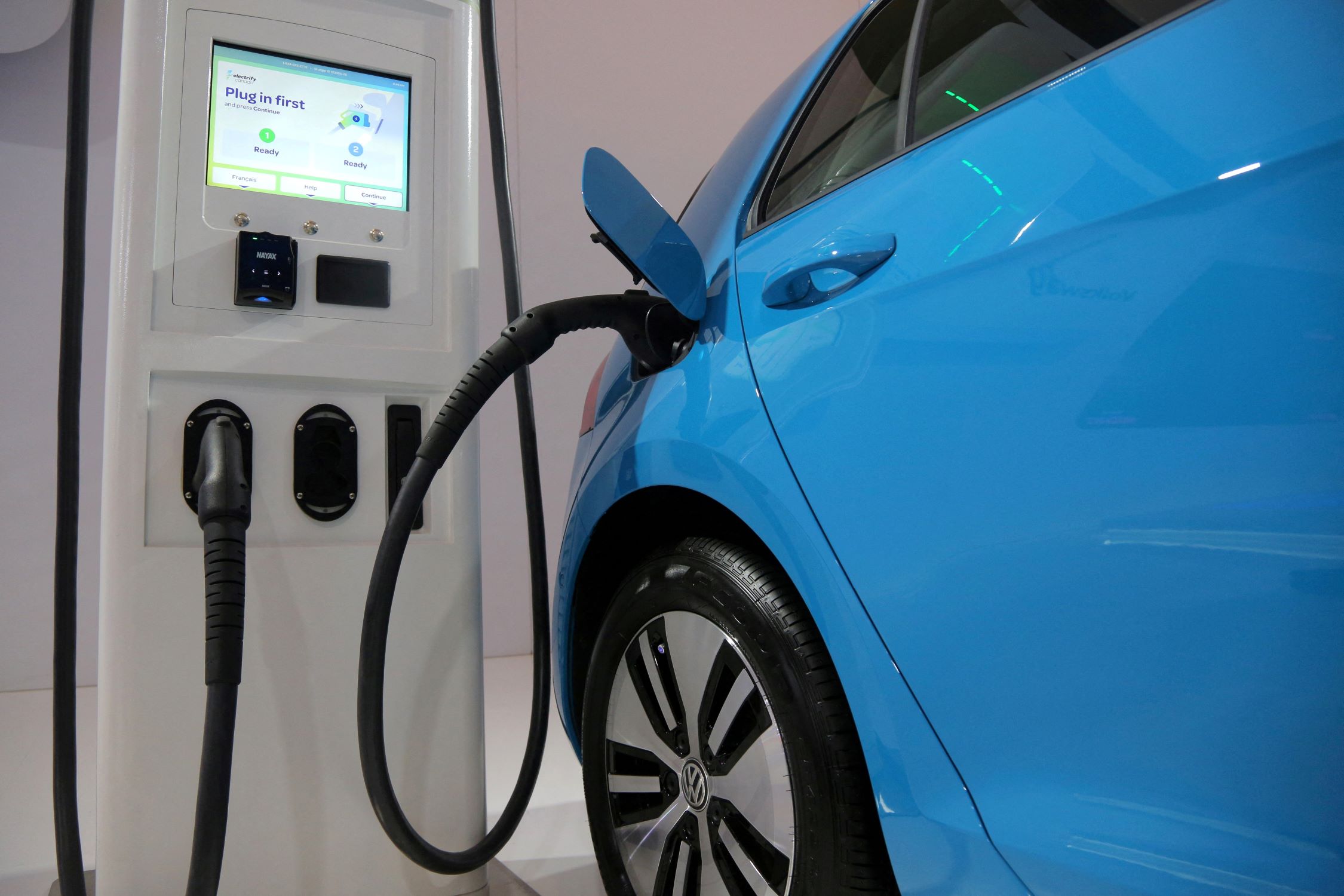
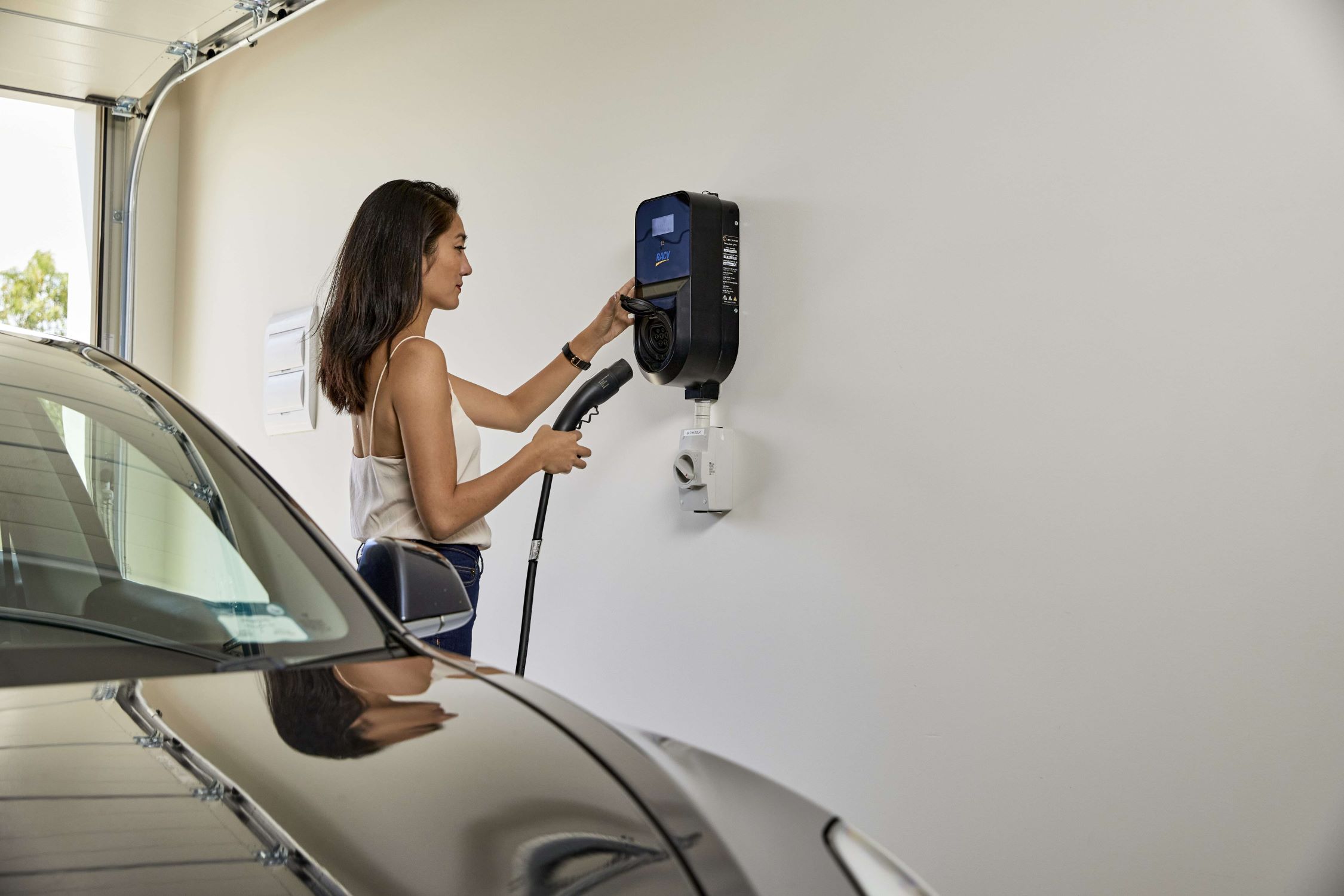

0 thoughts on “How To Start An Electric Car Charging Station”